At the question and answer session of the 5th Session (15th National Assembly), many National Assembly deputies asked Minister of Transport Nguyen Van Thang about some BOT projects with very low revenue, not ensuring the ability to recover capital, and needing a solution to ensure the interests of people, businesses and the State.
Citing the case of the Ho Chi Minh Road expansion project through Dak Lak province under the BOT form, after this project was put into use, the State invested in the bypass route of Buon Ho town (Dak Lak), so the project's revenue was seriously reduced, delegate Le Hoang Anh (Gia Lai) said that some BOT projects were not able to recover capital, and needed a solution. At the same time, the delegate asked Minister Nguyen Van Thang when the BOT project buyback would be applied.
According to Minister Nguyen Van Thang, investors implement BOT projects, then the State opens branch lines, parallel lines leading to traffic sharing and affecting the efficiency of BOT projects. In the near future, when the entire North-South expressway in the East is completed, many businesses will be affected, traffic sharing, for example, after the inauguration of the Dau Giay - Phan Thiet expressway, the BOT route on National Highway 1A decreased by 83% of revenue in Binh Thuan , only 17%.
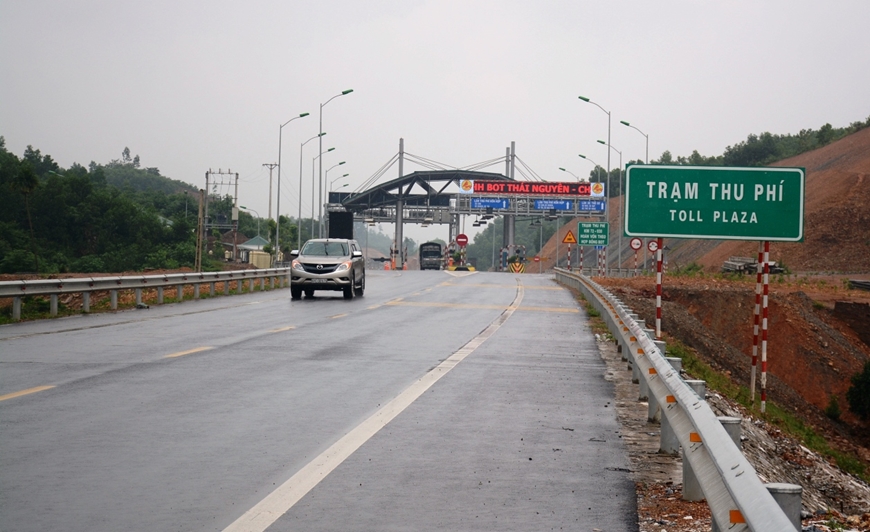 |
BOT toll station of Thai Nguyen - Cho Moi expressway project (Bac Kan). |
In the near future, the Ministry of Transport, in addition to advising the Government to submit to the National Assembly on the mechanism for recovering state capital invested in expressways, will also advise the National Assembly and the Government on the mechanism for handling BOT projects affected by the State's investment in expressways and bypasses.
The Ministry of Transport has established working groups to survey localities where BOT projects are facing difficulties. The Ministry of Transport has completed all procedures as required on the mechanism to handle 8 BOT projects facing difficulties to submit to the Prime Minister and the Government. Based on the Government's direction, the Ministry of Transport will make adjustments if there are any problems, then submit to the National Assembly Standing Committee. Because the results are not yet known, the delegates are very sympathetic.
Regarding BOT contracts, according to Minister Nguyen Van Thang, the State and enterprises are equal when signing the contract, so in the process of handling, we have tried very hard, there are stations that have been handled, but there are stations that must continue to negotiate. Not only negotiate with investors but also with banks to reduce or waive interest rates, minimizing losses for investors. "Many projects we know are not the fault of investors, nor the State, but due to socio-economic development, due to practical needs arising, we need to open more routes," Minister Nguyen Van Thang shared.
Minister Nguyen Van Thang affirmed that the Ministry of Transport is trying to thoroughly resolve the issue, protecting investors and businesses. There are many stations that have been completed but are not allowed to collect fees, and if people do not agree to collect fees, investors must also bear it. Based on the signed contracts, when the revenue reaches a certain level, the State must buy it back and this is a term and condition in the contract, not to give special privileges or benefits to businesses.
Minister Nguyen Van Thang said that in the near future, he will propose a number of solutions to strongly attract investment capital under the public-private partnership (PPP) method. To do so, it is necessary to have a system of synchronous solutions, creating trust and equality for businesses. The Government and the Prime Minister have a very good plan, which is to use state capital to support PPP projects, instead of collecting fees for 20-25 years, it will be reduced to about 10-15 years, thus ensuring the feasibility of the project.
News and photos: MANH HUNG
Source


![[Photo] Worshiping the Tuyet Son statue - a nearly 400-year-old treasure at Keo Pagoda](/_next/image?url=https%3A%2F%2Fvphoto.vietnam.vn%2Fthumb%2F1200x675%2Fvietnam%2Fresource%2FIMAGE%2F2025%2F12%2F02%2F1764679323086_ndo_br_tempimageomw0hi-4884-jpg.webp&w=3840&q=75)
![[Photo] Parade to celebrate the 50th anniversary of Laos' National Day](/_next/image?url=https%3A%2F%2Fvphoto.vietnam.vn%2Fthumb%2F1200x675%2Fvietnam%2Fresource%2FIMAGE%2F2025%2F12%2F02%2F1764691918289_ndo_br_0-jpg.webp&w=3840&q=75)




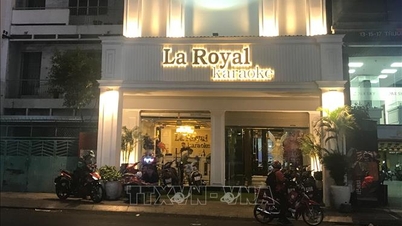

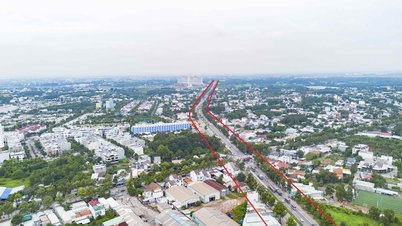





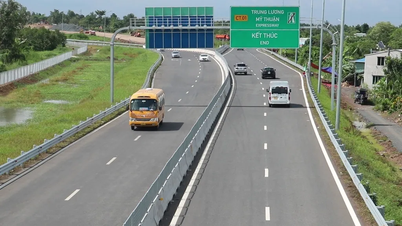





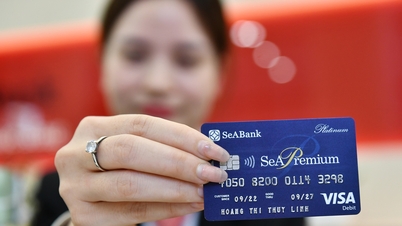



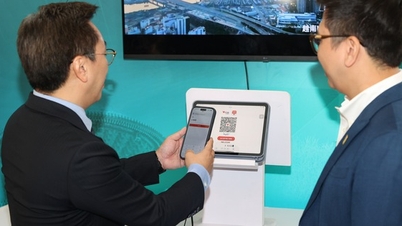
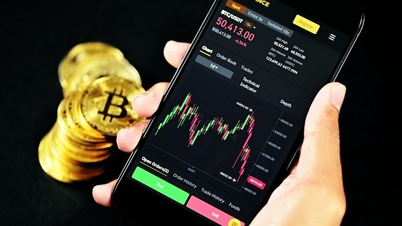




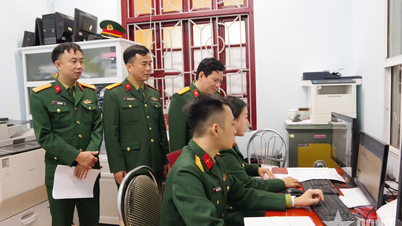

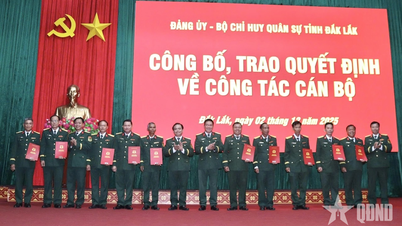
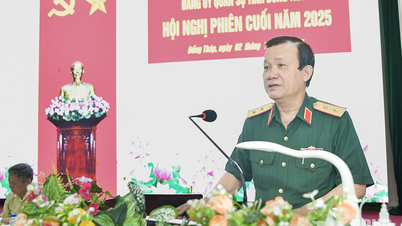
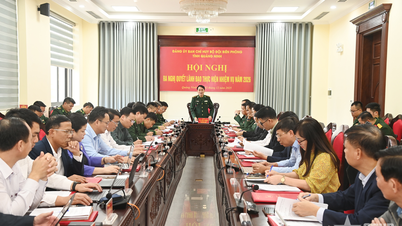
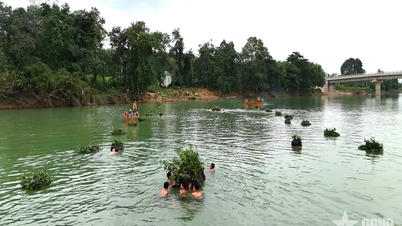
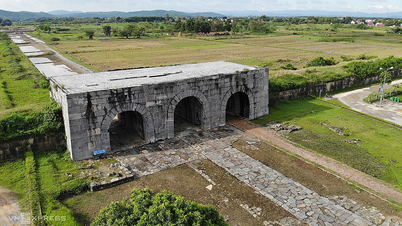
































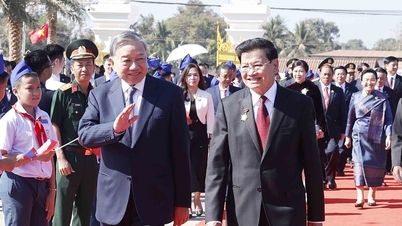
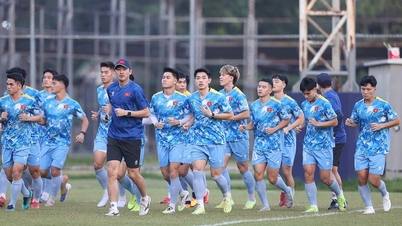


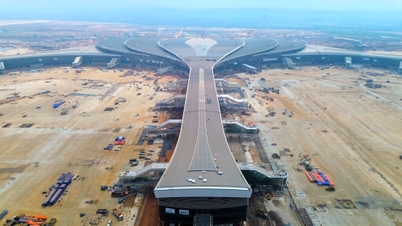

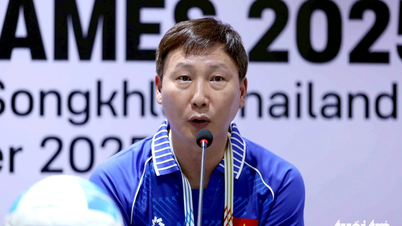
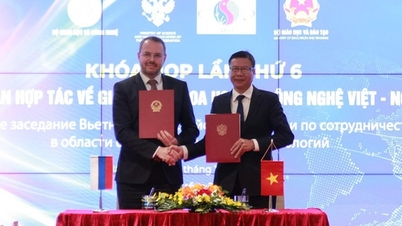
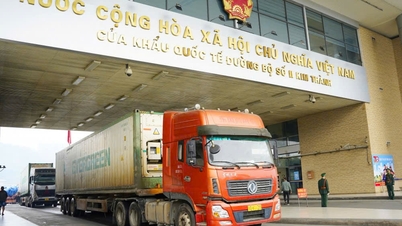

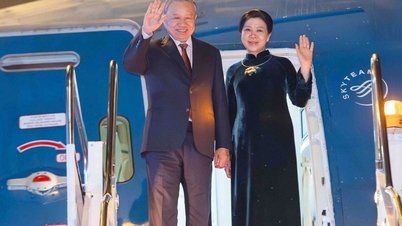

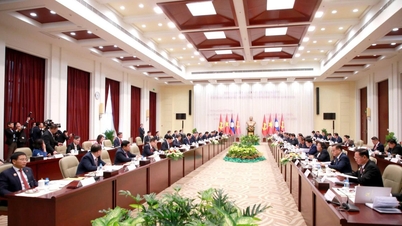

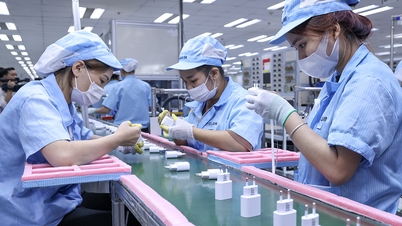

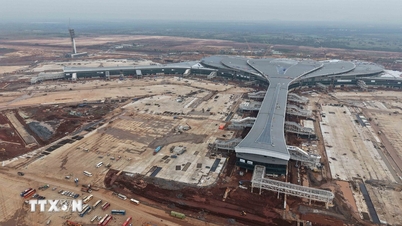

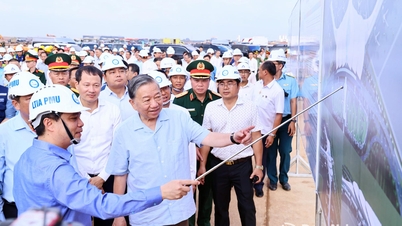


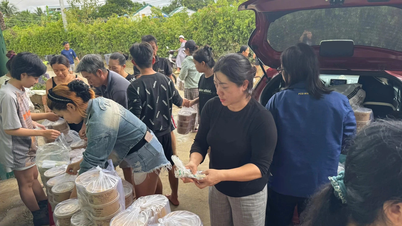
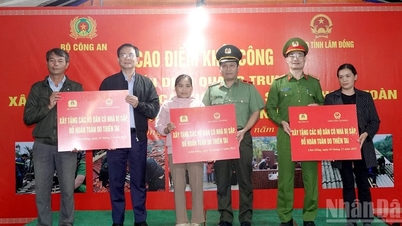













Comment (0)